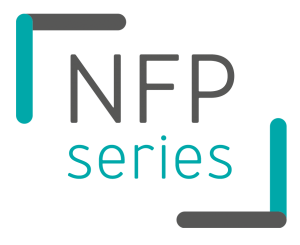
The importance of the finance function and budgeting in Not-For-Profits


Not-for-profit organisations are a significant part of Australian society. They provide essential services to the underprivileged, aged, disabled and other vulnerable people and animals in the country. They also employ many people on a full-time, part-time and casual basis.
They are funded in many ways including local, state or federal government grants, donations and fundraising activities.
These organisations have a huge responsibility to ensure the funds they receive are used appropriately and effectively in delivering the services they are funded to provide.
Underpinning the important work that these not-for-profits perform is the organisational administration. Although not core works, it is essential to the smooth running of the programs. The administration includes, but is not limited to, human resources, marketing and promotion, volunteer and program management and finance.
Budgeting
Preparation of an annual budget and ongoing monitoring is an essential part of running a not-for-profit. It not only informs how the programs run but also if the funding received is enough to cover the administration of the organisation and the level of current staffing. It allows the board to make decisions at the start of the year so as to avoid financial difficulty later.
The ongoing maintenance of the finances is essential and incredibly important. A strong finance function provides management and the board with confidence in the information reported. From the day to day data entry to debtor recoveries to monthly board reporting, the figures produced tell the story of how the organisation is performing compared to budget and allow the board and program managers to make informed decisions. They also assist in completing the periodic grant acquittals.
Financial reporting
Boards of small organisations should be reviewing the financials at least quarterly with larger organisations reviewing them monthly. Program managers should be provided with their annual budget and monthly comparisons. These reports should be provided as soon as possible after the end of the period to enable board and management to make decisions about the program content and to make organisation-wide decisions. This enables the smooth running of programs and ensures that the funds are spent appropriately throughout the year.
The team from WLF provide support for not-for-profit organisations in many ways including:
- governance training
- virtual CFO
- bookkeeping
- payroll
- audit (both internal and external)
- GST health checks
- finance health checks
- assistance with DGR registration
- advice on accounting products including moving to the cloud (MYOB, Xero, Quickbooks Online)
- and training in software and reporting
If you think your organisation’s finances need a review, your finance staff require some additional training or you could benefit from our numerous services, please contact us to discuss your requirements.
